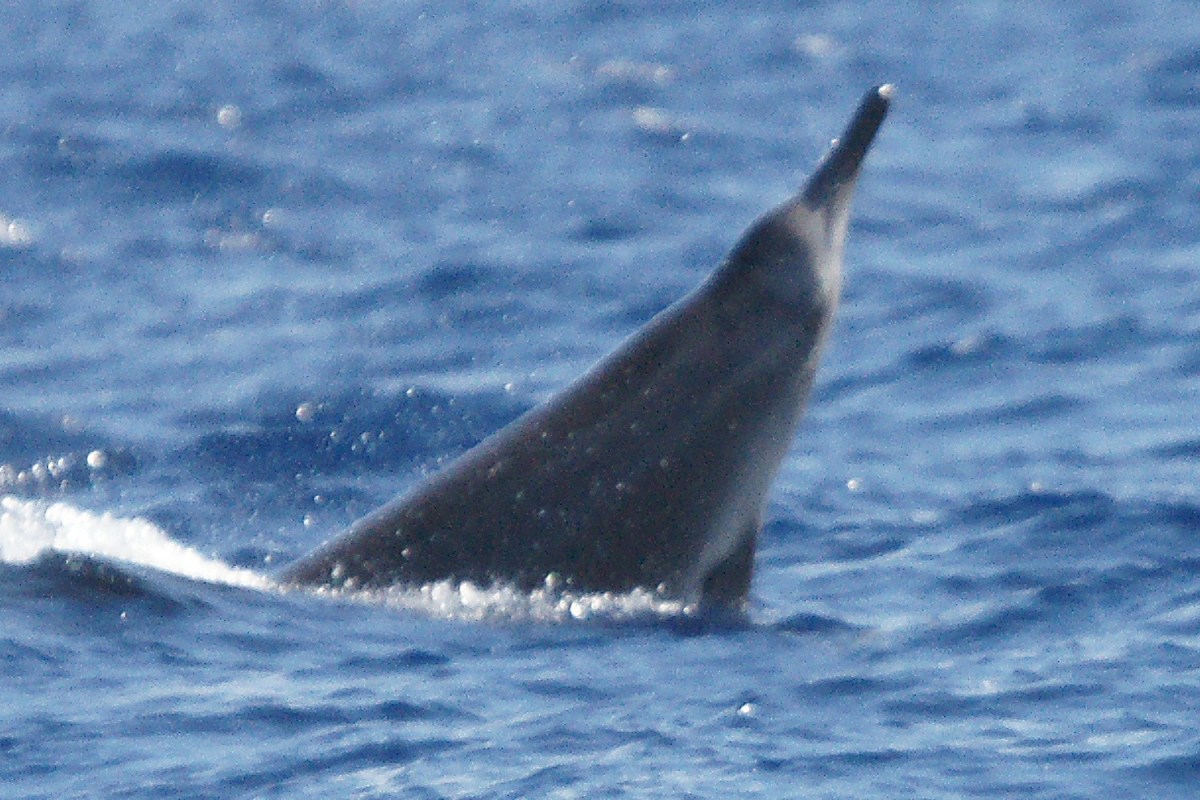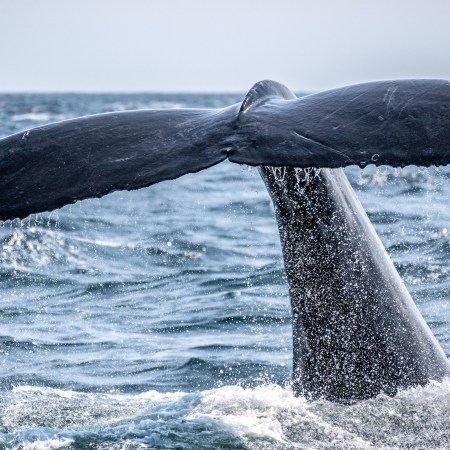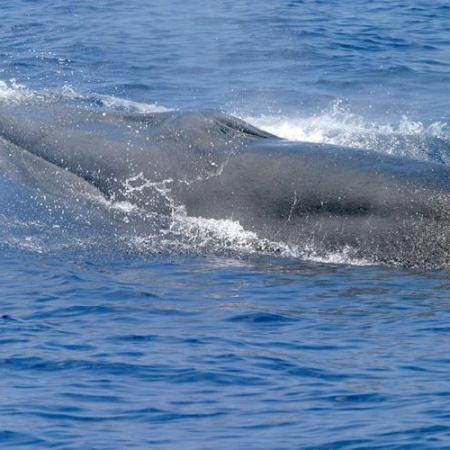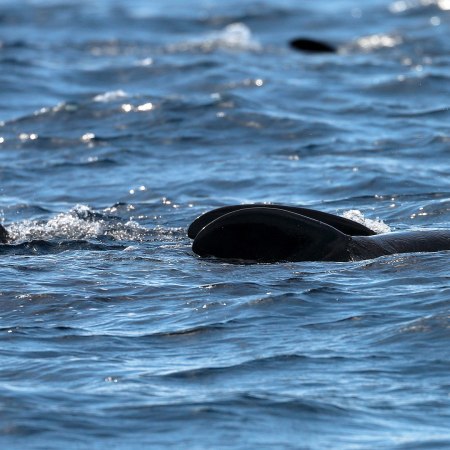There’s a lot we don’t know about the Sowerby’s beaked whale, a species that resides in the North Atlantic and has protected status under U.S. law. The NOAA, for instance, has little data on these whales’ lifespan or the total number of them found around the world. And now, there’s another mystery relating to the Sowerby’s beaked whale, and it’s an especially unsettling one: did one recently die off the New England coast as a result of bird flu?
In May, a whale of this species was found on Wingaersheek Beach, located in Gloucester, Massachusetts. As WMUR noted at the time, that the whale was there at all defied expectations; as the Seacoast Science Center, one of the groups looking into the whale’s stranding pointed out, the species tends to prefer deeper water. Things took a bleaker turn from there, as the whale soon died.
Now, more details have emerged as to the cause of its death. Live Science’s article on the whale’s death cited a necropsy performed at the University of New Hampshire, which suggested a viral infection affected the whale’s brain and led to its demise.
Live Science went on to talk with Inga Sidor, who led the necropsy — and who suggested that bird flu could be to blame. “[A]vian influenza is a top consideration,” Sidor told them. Sidor also pointed out that the effects of the infection could explain “why it might have been disoriented and strayed into shallow waters.”
Scientists Just Learned What Can Scare a Killer Whale
Hint: it’s not Jason StathamIf bird flu is indeed the culprit here, it would represent an extremely rare occurrence. For now, testing of the whale’s body continues to determine the specific cause of death — and just what the ramifications of that might be.
Thanks for reading InsideHook. Sign up for our daily newsletter and be in the know.


















